
2022 Turtle Island Indigenous Science Conference
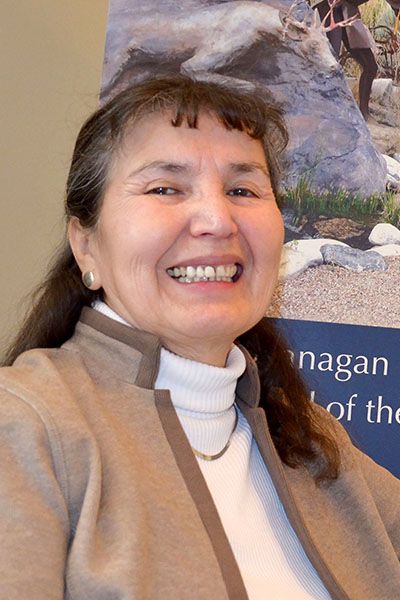
JEANNETTE ARMSTRONG, UNIVERSITY OF BRITISH COLUMBIA
Tuesday, June 14 - 10:30 AM - Session I: Scientific Knowledge Embedded in Indigenous Languages
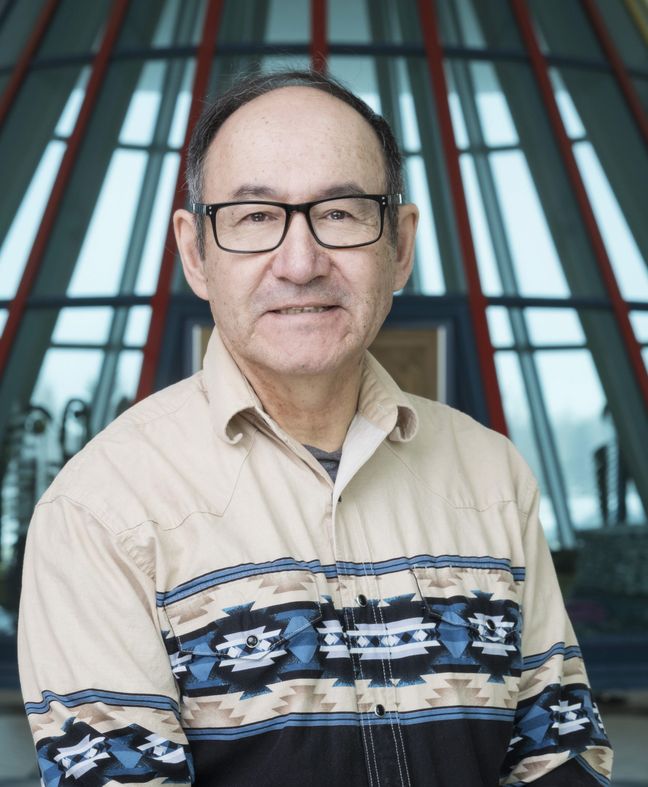
A. BLAIR STONECHILD, FIRST NATIONS UNIVERSITY OF CANADA
Wednesday, June 15 - 9:00 AM - Session III: Two-eyed Seeing – Fusion of the Indigenous Way of Knowing and Mainstream Science
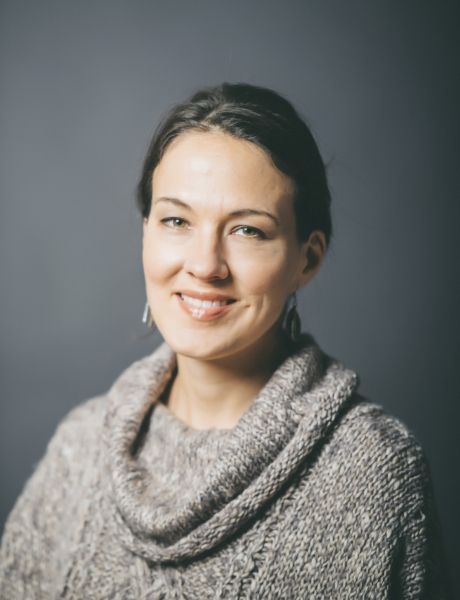
NICOLE REDVERS, UNIVERSITY OF NORTH DAKOTA, USA
Tuesday, June 14 - Session II: Traditional Medicine and Health
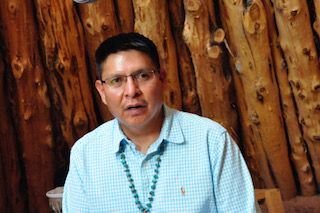
HENRY H. FOWLER, NAVAJO TECHNICAL UNIVERSITY, NEW MEXICO, USA
Wednesday, June 15 - 2:00 PM - Session IV: Novel STEM Education Approaches that Include the Indigenous Way of Knowing
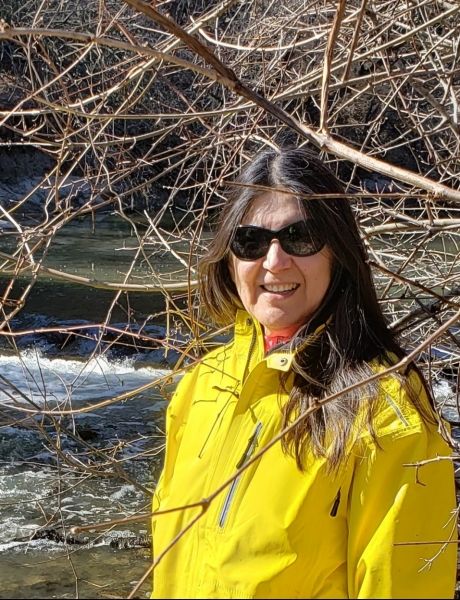
DEBORAH MCGREGOR, OSGOODE HALL, YORK UNIVERSITY
Wednesday, June 16 - 9:00 AM - Session V: Indigenous Engagement with the Land and the Environment
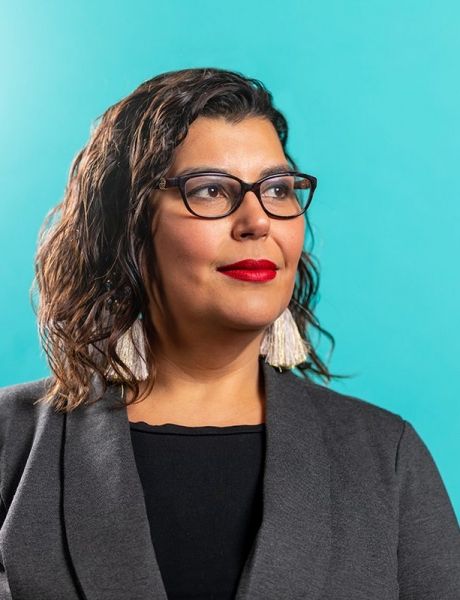
MARCIA ANDERSON, FACULTY OF HEALTH SCIENCES, UNIVERSITY OF MANITOBA
Tuesday, June 14 - 2:00 PM - Session 2: Traditional Medicine and Health
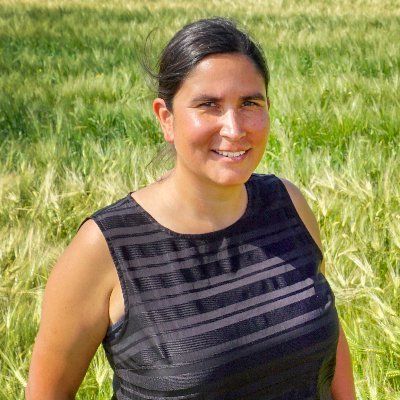
MELISSA ARCAND, UNIVERSITY OF SASKATCHEWAN
Wednesday, June 16 - 9:00 AM - Session V: Indigenous Engagement with the Land and the Environment

MYRLE BALLARD, FACULTY OF SCIENCE, UNIVERSITY OF MANITOBA
Tuesday, June 14 - 10:30 AM - Session I: Scientific Knowledge Embedded in Indigenous Languages
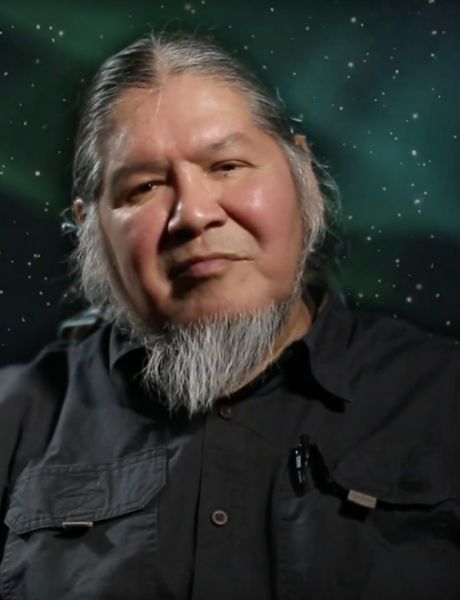
WILFRED BUCK, ELDER, STAR KNOWLEDGEKEEPER, SUN DANCE CHIEF, ASTRONOMER, AUTHOR
Tuesday, June 14 - 10:30 AM - Session I: Scientific Knowledge Embedded in Indigenous Languages
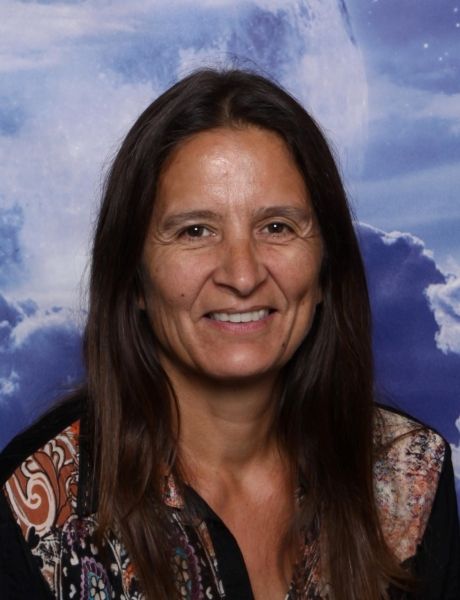
OGAMAUH ANNAG QWE (SUE CHIBLOW), YORK UNIVERSITY
Wednesday, June 16 - 9:00 AM - Session V: Indigenous Engagement with the Land and the Environment
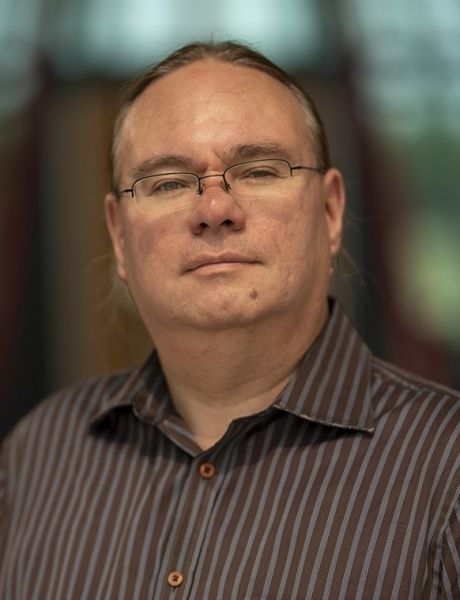
EDWARD DOOLITTLE, FIRST NATIONS UNIVERSITY OF CANADA
Wednesday, June 15 - 2:00 PM - Session IV: Novel STEM Education Approaches that Include the Indigenous Way of Knowing
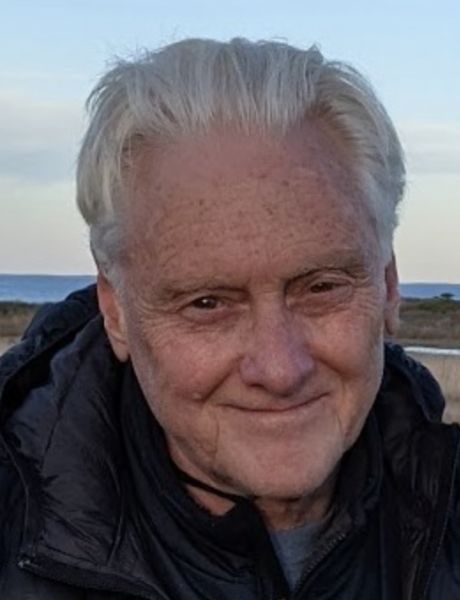
ROGER DUBE, ROCHESTER INSTITUTE OF TECHNOLOGY, USA
Wednesday, June 15 - 9:00 AM - Session III: Two-eyed Seeing – Fusion of the Indigenous Way of Knowing and Mainstream Science
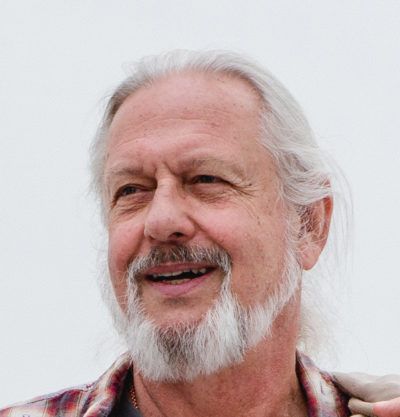
JÜRGEN W. KREMER, UNIVERSITY FOR PEACE & SANTA ROSA JUNIOR COLLEGE
Wednesday, June 15 - 9:00 AM - Session III: Two-eyed Seeing – Fusion of the Indigenous Way of Knowing and Mainstream Science
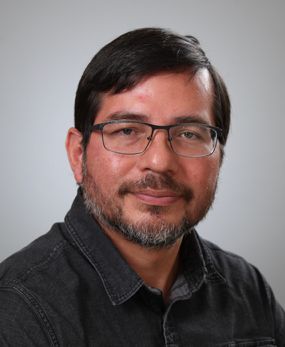
DARREL MANITOWABI, NORTHERN ONTARIO SCHOOL OF MEDICINE
Tuesday, June 14 - 2:00 PM - Session 2: Traditional Medicine and Health
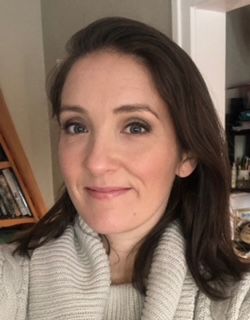
EMILY MCKINNON, ACCESS AND ABORIGINAL FOCUS PROGRAMS, UNIVERSITY OF MANITOBA
Wednesday, June 15 - 2:00 PM - Session IV: Novel STEM Education Approaches that Include the Indigenous Way of Knowing
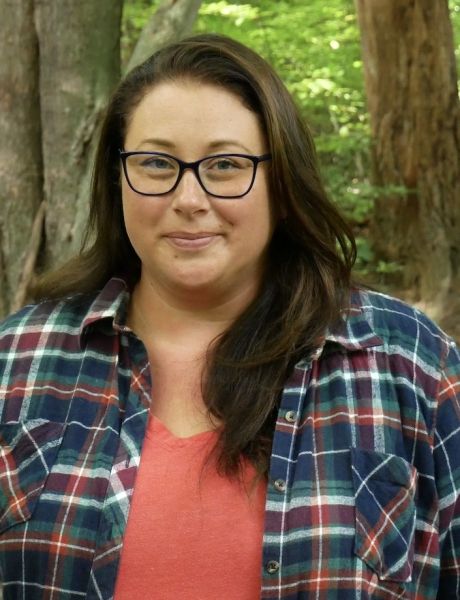
JESSE N. POPP, INDIGENOUS ENVIRONMENTAL SCIENCES, UNIVERSITY OF GUELPH
Tuesday, June 14 - 10:30 AM - Session I: Scientific Knowledge Embedded in Indigenous Languages
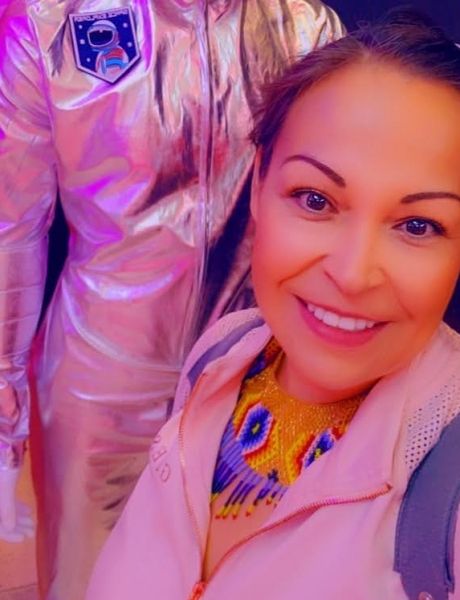
DAWN PRATT, ASKENOOTOW STEM ENTERPRISE INC., TREATY 6 TERRITORY, SASKATCHEWAN
Wednesday, June 15 - 2:00 PM - Session IV: Novel STEM Education Approaches that Include the Indigenous Way of Knowing
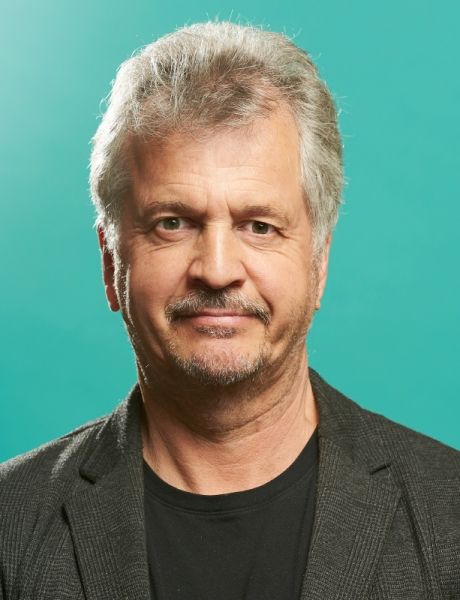
BRIAN RICE, INDIGENOUS SCHOLAR, KINESIOLOGY, UNIVERSITY OF MANITOBA
Wednesday, June 15 - 9:00 AM - Session III: Two-eyed Seeing – Fusion of the Indigenous Way of Knowing and Mainstream Science
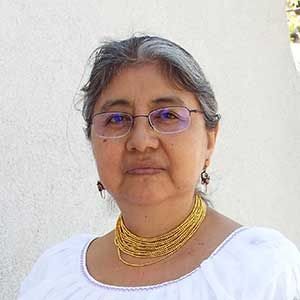
YOLANDA TERAN, NATIVE AMERICAN STUDIES, KICHWA, UNIVERSITY OF NEW MEXICO
Tuesday, June 14 - 10:30 AM - Session I: Scientific Knowledge Embedded in Indigenous Languages
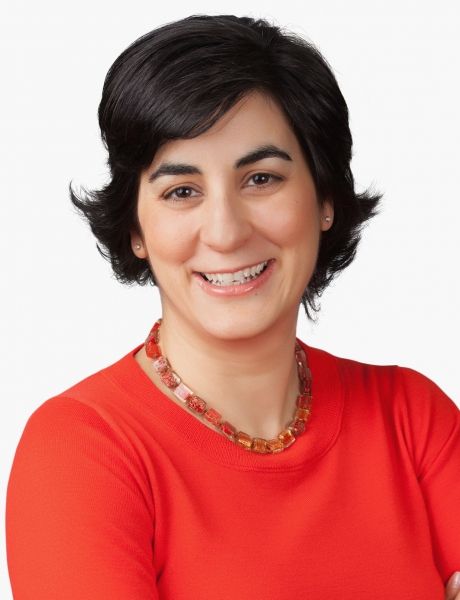
NATHALIE TUFENKJI, MCGILL UNIVERSITY, MONTREAL, QC
Wednesday, June 15 - 2:00 PM - Session IV: Novel STEM Education Approaches that Include the Indigenous Way of Knowing
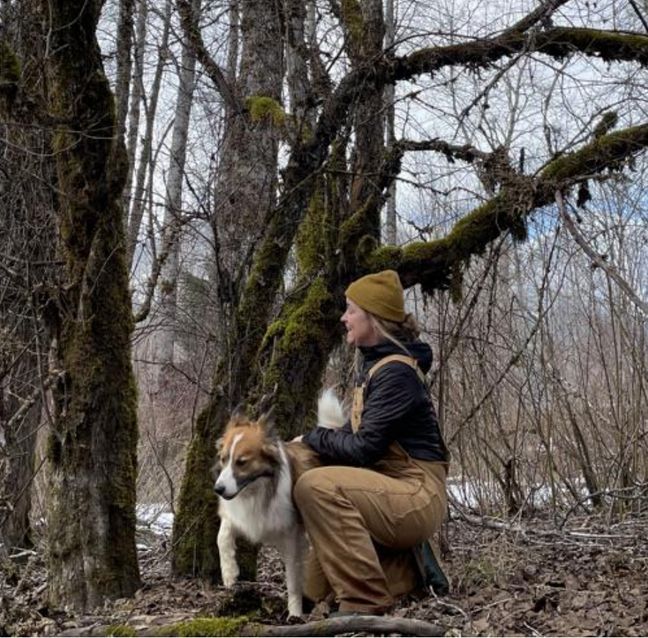
CHELSEY GERALDA ARMSTRONG, SIMON FRASER UNIVERSITY, BRITISH COLUMBIA
Wednesday, June 16 - 9:00 AM - Session V: Indigenous Engagement with the Land and the Environment
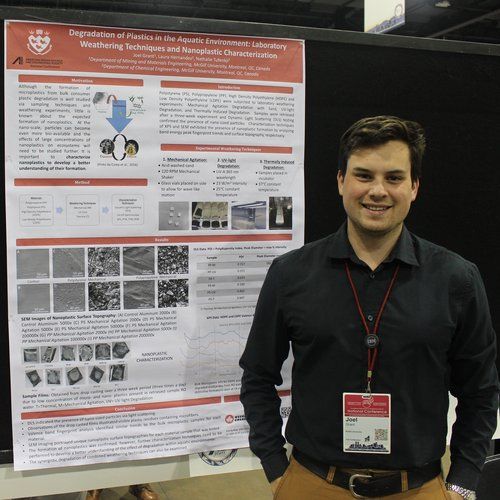
JOEL GRANT, MCGILL UNIVERSITY, MONTREAL, QC
Wednesday, June 15 - 2:00 PM - Session IV: Novel STEM Education Approaches that Include the Indigenous Way of Knowing
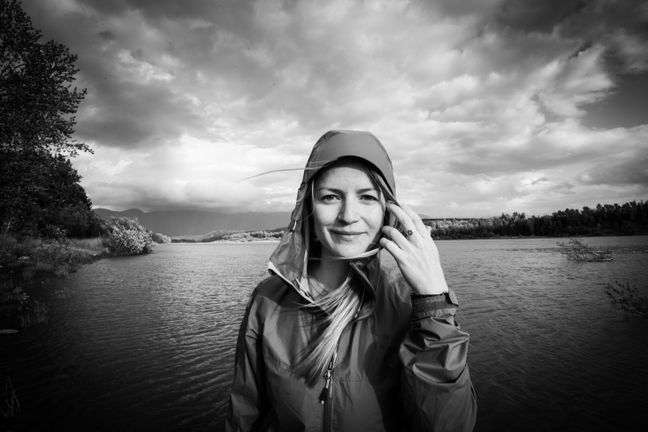
Dr. Andrea Reid, Institute for the Oceans & Fisheries, UBC
Wednesday, June 16 - 9:00 AM - Session V: Indigenous Engagement with the Land and the Environment
Location
University of Manitoba
66 Chancellors Circle Winnipeg, MB Canada, R3T 2N2
Contact us
If you have any questions, please contact turtleislandconference@umanitoba.ca